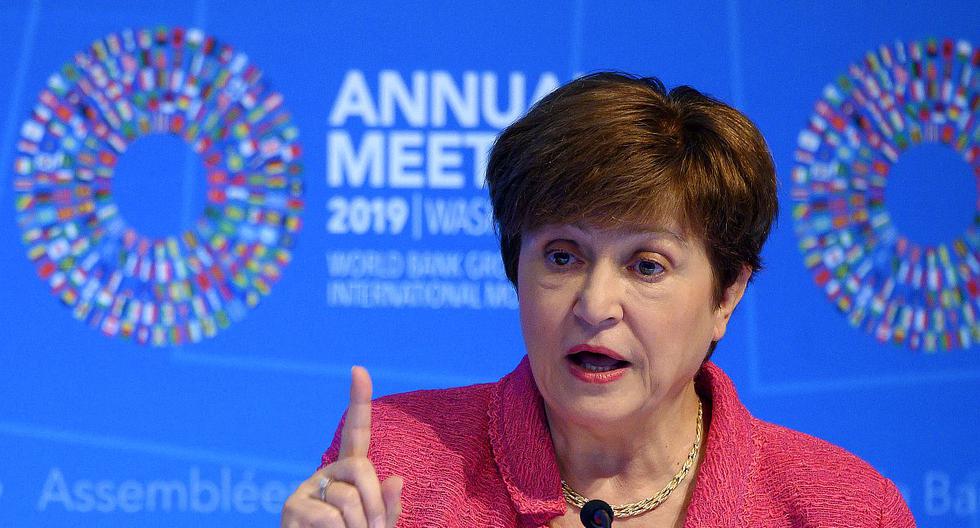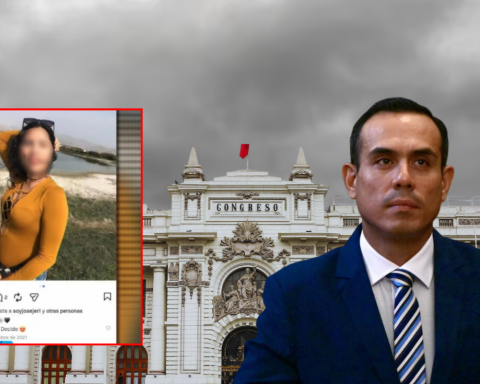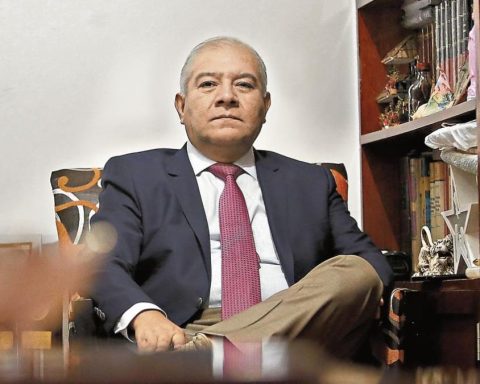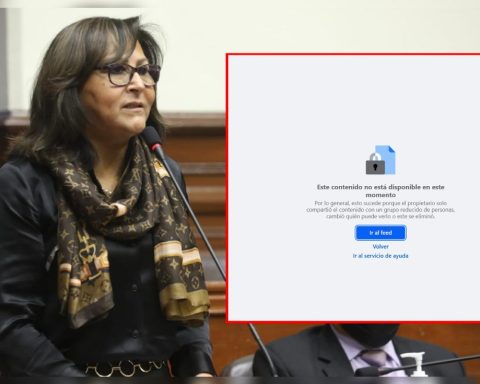The projection of International Monetary Fund (IMF) for world growth next year is 2.7%, the fourth cut in 12 months, and there is a probability that it will fall below 2%. Markets have been extremely volatile and the risk of a recession has increased in many economies.
Along these lines, the Managing Director of the IMF, Kristalina Georgieva, pointed out in the framework of the 2022 Plenary Meeting between the IMF and the World Bank, that the greatest immediate challenge is to reduce inflation.
“We see central banks rapidly tightening policy, laser-focused on restoring price stability. This is the right thing to do, but it will come at a painful cost: growth will be slower and unemployment higher as monetary tightening increases.”
MIRA: Petro announces that the United Kingdom will stop requiring a visa for Colombian tourists
In addition, he maintains that the formulation of the appropriate fiscal policy is key. The priority must be to protect vulnerable households, with specific measures to alleviate the impact of rising food and fuel prices.
At the same time, fiscal policy must work with monetary policy, not against it. To avoid fueling inflation, any new spending must be offset by savings or new income.
“The need to rebuild reserves and reduce debt makes this doubly important. The pandemic provided us with a vivid illustration of why fiscal space matters and how crucial it is to address pre-existing vulnerabilities.” added
As policymakers determine the right balance of monetary and fiscal measures, they must also keep an eye on strains in the financial sector.
In this case, macroprudential policy must guard against the failure of systemic institutions, using selected instruments to address pockets of high vulnerability among non-bank financial institutions and credit markets.
“On the other hand, a well-calibrated policy package would lead, over time, to more durable growth, more stable prices, and healthier public finances. More than that: we would see more resilient economies emerge, better prepared to face shocks”Georgieva adds.
look to the future
The IMF Director indicated that credible medium-term fiscal frameworks must start, as basing fiscal policy on a solid set of rules helps ensure a more predictable outlook and fosters macroeconomic stability.
More importantly, credible frameworks build investor confidence, helping governments maintain vital spending plans and stabilize their debts without the pain of heavy austerity.
He also mentioned that some countries are already facing serious debt problems.
“More than 60% of low-income countries and more than 25% of emerging markets are at risk of debt distress. This will only get worse if interest rates rise further, the dollar strengthens and capital outflows increase.”
“An effective debt resolution mechanism is desperately needed. In particular, the common framework must be expanded and all creditors, both sovereign and private, must bear their fair share of responsibility. The alternative is the risk of messy debt crises that would hurt everyone involved.” he added.
On the other hand, better debt transparency and governance will help avoid sticky situations, as will a system to identify risks early.

















